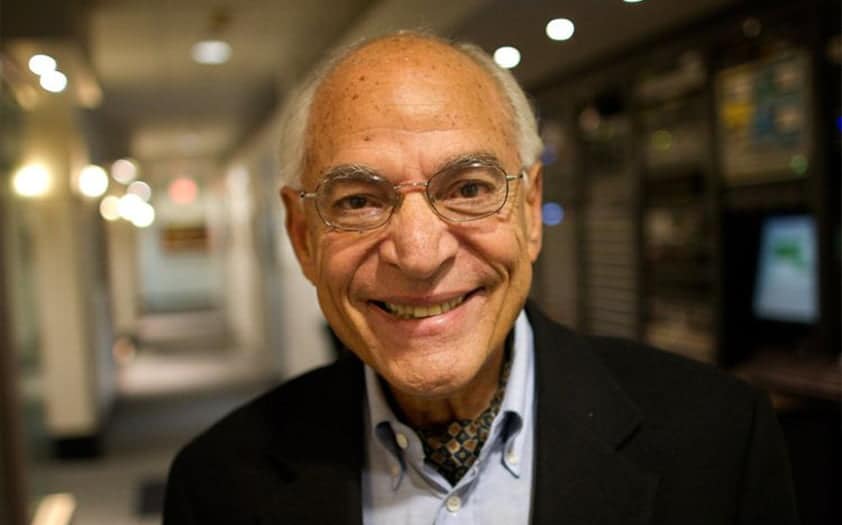Dr. Farouk El-Baz, Director of the Center for Remote Sensing at Boston University, USA, is a space scientist and geologist at NASA who has extensively studied the geology of the Middle East. In an exclusive interview with The Western Connect Magazine, Dr. El-Baz sheds light on the untapped potential of Saudi Arabia’s mineral resources and how the country can explore them.
Saudi Arabia has been making headlines for its ambitious Vision 2030 plan, which aims to diversify its economy and reduce its dependence on oil. And now, there’s another reason to pay attention to the region: mineral resources that still need to be discovered.
Dr. El-Baz, you have conducted extensive research on the geology of the Middle East. Can you tell us about the potential for discovering mineral resources in Saudi Arabia?
Saudi Arabia is one of the most prominent Arab countries with great mineral discovery opportunities. The fact is that the Hijaz Mountains, full of minerals, border the west of the Kingdom. These heights are mostly igneous rocks, and some are volcanic. By looking at the Hijaz Mountains, rich in igneous and volcanic rocks, it can be confirmed that there are undiscovered mineral resources in the Kingdom.
How can Saudi Arabia explore these mineral resources?
The strategies that the Kingdom can rely on to explore more of its mineral resources are represented in working to increase university specialists in geosciences, especially mineralogy, and its equivalent prospects for mining work and the search for mineral resources. This important branch of geosciences is promoted by prestigious universities in the US and Germany, and some eastern countries such as China.
Are there any examples of other regions that have discovered minerals in similar rocks?
The rocks, some of which are also found in the eastern desert in Egypt, were discovered by the ancient Egyptians in many pure minerals, and therefore there must be similar ones in these same rocks in the Kingdom. Thousands of years ago and until the current period, Egypt extracted a lot of minerals from the eastern desert, and this is the same in the Kingdom, whose mountains consist of the same mountains as Egypt and Sudan. There must be similar amounts of mineral wealth in those rocks, and this will, of course, be reflected in an increase in the resources of the Kingdom in the future.
What is your opinion on the International Mining Conference held in Saudi Arabia?
I praise the Kingdom’s organization of the International Mining Conference, stressing its importance in exchanging experiences and benefiting developed countries in mining matters. Holding such conferences helps develop this field and achieves the most significant benefit for the Kingdom and other participating countries.
The potential for discovering mineral resources in Saudi Arabia is vast, and the country has a unique opportunity to explore them. By investing in geosciences and increasing the number of specialists in mineralogy, Saudi Arabia can unlock its untapped mineral wealth and further diversify its economy. The International Mining Conference provides an ideal platform for the country to exchange knowledge and collaborate with other countries in the mining field. In conclusion, the Kingdom of Saudi Arabia has great potential for discovering new mineral resources. Dr. Farouk El-Baz’s research and expertise in geology have shed light on the untapped wealth in the Hijaz Mountains, which are rich in igneous and volcanic rocks. By investing in geosciences and increasing the number of specialists in mineralogy, Saudi Arabia can unlock its untapped mineral wealth and diversify its economy. The International Mining Conference provides a valuable opportunity for Saudi Arabia to exchange knowledge and collaborate with other countries in the mining field. The future of the Kingdom’s mineral resources looks bright, and with suitable investments and partnerships, Saudi Arabia can continue to prosper and grow.

